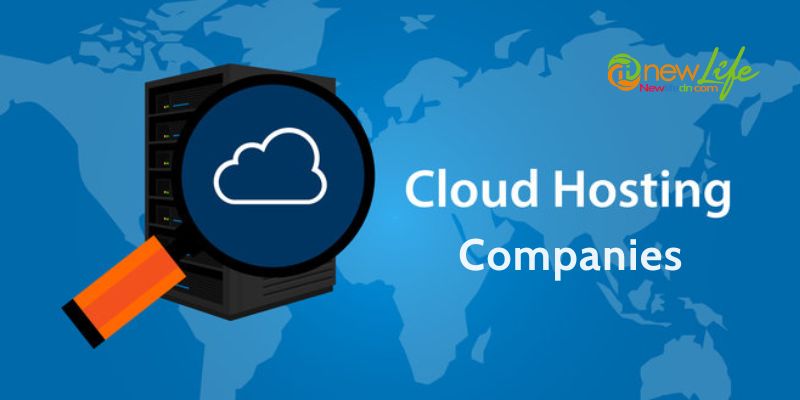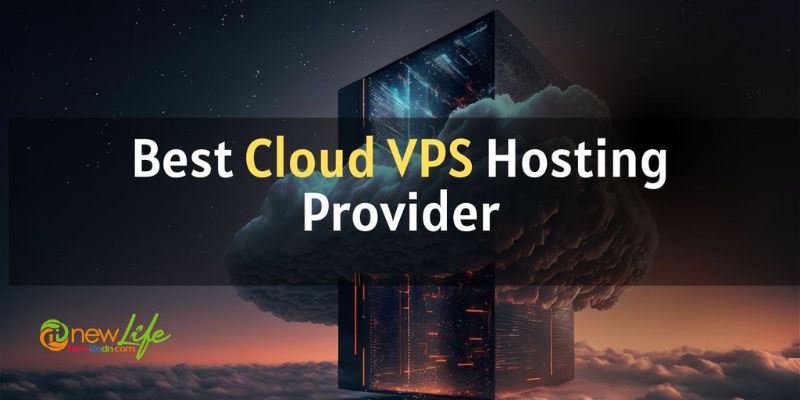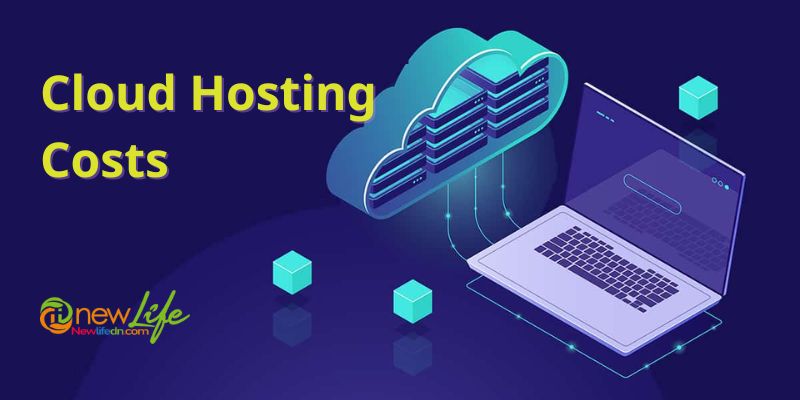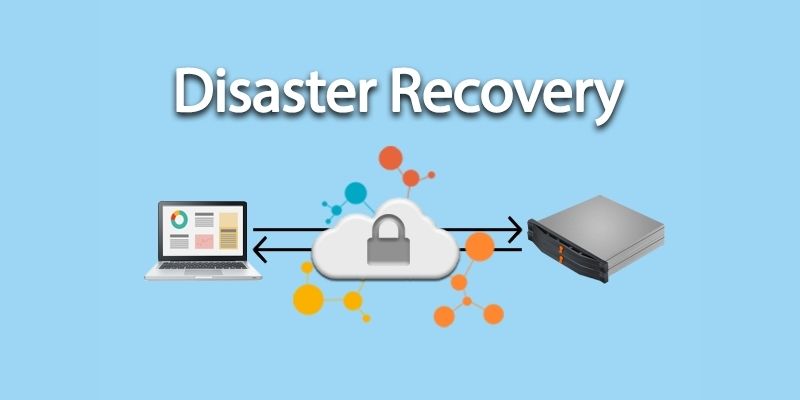In the current digital environment, when organizations and individuals rely extensively on cloud computer security for processing, storage, and collaboration, providing strong cloud computer security is crucial. Organizations face specific security threats and problems as they progressively shift their data and apps to the cloud. The term “cloud computer security” refers to a group of policies and procedures used in cloud-based systems to safeguard private data, maintain data integrity, and prevent unwanted access or data breaches. newlifedn.com will provide some of information for you in this post.
Contents
An overview of cloud security
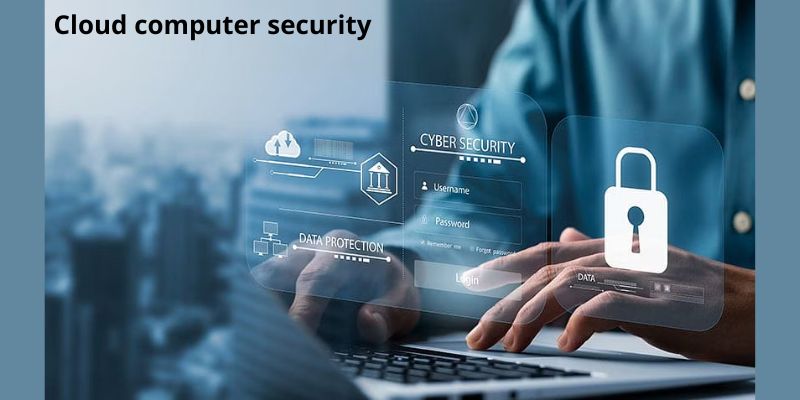
The strategies and tools used in cloud computer security were developed to counter both internal and external security risks to enterprises. Organizations require cloud security as they carry out their digital transformation strategy and incorporate cloud-based tools and services into their infrastructure.
The terms “digital transformation” and “cloud migration” have become widely used in corporate contexts in recent years. Even though the implications of both statements can alter depending on the organization, they are both driven by the need for change.
As companies implement these concepts and try to enhance their operational strategy, new challenges in striking a balance between security and productivity levels emerge. While shifting largely to cloud-based environments might have negative effects if done in an unsafe manner, more modern technologies do allow businesses to expand their capabilities beyond the limitations of on-premise infrastructure.
To strike the right balance, it is important to comprehend how modern firms may profit from the utilization of connected cloud technology while putting the best cloud computer security measures into place.
What is cloud computing?
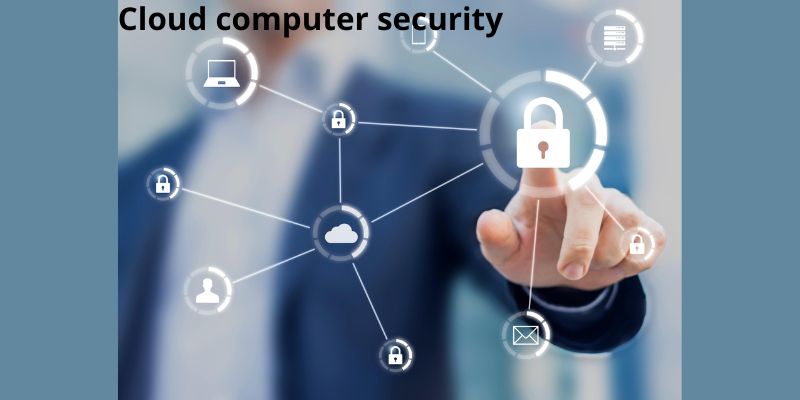
The process of getting access to documents, software, and databases through the Internet and without being constrained by local hardware is referred to as “the cloud” or, more specifically, “cloud computer security.” By outsourcing the majority or a portion of the management of their infrastructure to outside hosting providers, using this technology enables organizations to scale their operations with greater flexibility.
The cloud computer security that are most popular and extensively used are:
- Infrastructure-as-a-Service (IaaS) is a hybrid strategy where enterprises can manage some of their data and applications on-premises while relying on cloud providers to manage servers, hardware, networking, virtualization, and storage needs.
- By offering a unique application architecture that automatically controls operating systems, software updates, storage, and supporting infrastructure in the cloud, PaaS (Platform-as-a-Service) enables businesses to simplify the development and delivery of their applications.
- Cloud-based software that is hosted online and often sold on a subscription basis is known as SaaS (Software-as-a-Service). In order to reduce IT resource costs and streamline maintenance and support tasks, third-party suppliers manage all potential technical concerns, including data, middleware, servers, and storage.
Why is cloud security important?
Modern enterprises are increasingly adopting cloud-based environments and IaaS, PaaS, or SaaS computing models. The dynamic nature of infrastructure management, especially when increasing applications and services, can offer a number of problems even when organizations adequately resource their departments. These as-a-service models allow organizations to outsource many of the time-consuming IT-related tasks.
As businesses continue to migrate to the cloud, it has become crucial to understand the security requirements for protecting data. Although the management of this infrastructure may be transferred to third-party cloud computer security providers, the accountability and security of data assets may not always follow.
By defaulting to accepted security procedures, the vast majority of cloud computer security companies actively protect the integrity of their servers. Enterprises must consider their particular circumstances while securing data, applications, and workloads that are housed on the cloud.
Security problems have grown as the digital environment continues to expand. These hazards primarily target providers of cloud computer security since an organization’s overall lack of visibility in data access and mobility makes them difficult to detect. Regardless of where client information is stored, organizations may experience major governance and compliance difficulties if they don’t take aggressive steps to improve their cloud security.
Regardless of the size of your business, cloud computing security needs to be a hot topic. Cloud infrastructure, which covers many industries and many verticals, underpins almost every aspect of modern computing.
But for a successful cloud adoption, it’s crucial to have enough safeguards against modern cyberattacks in place. Whether your company uses a public, private, or hybrid cloud environment, preserving business continuity requires the usage of cloud computer security solutions and best practices.
What are some cloud security challenges?

Lack of visibility
It can be easy to lose track of how and by whom your data is being viewed because many cloud computer security are accessed outside of company networks and through third parties.
Multitenancy
Public cloud environments hold multiple client infrastructures under one roof, therefore it’s possible that your hosted services could be compromised by hostile attackers as collateral damage when they target other businesses.
Access management and shadow IT
Businesses may be able to manage and restrict access points for on-premises systems, but imposing the same restrictions in cloud environments can be challenging. Businesses that don’t have bring your own device (BYOD) regulations and permit unrestricted access to cloud computer security from any device or location may find this to be risky.
Compliance
Managing regulatory compliance can be complicated for companies using public or hybrid cloud installations. Relying heavily on third-party solutions to handle data privacy and security could lead to costly compliance issues because the organization is still ultimately accountable for these issues.



